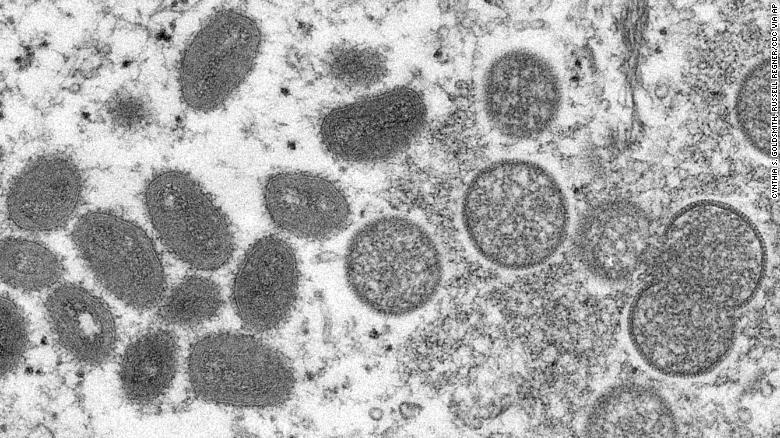- The disease is regarded as a less serious cousin of smallpox, with an incubation period of 7-14 days.
- The WHO has abolished the distinction between endemic and non-endemic countries.
- Any possible outbreak of monkeypox might learn from the lessons of the Covid-19 epidemic.
During this year’s epidemic, Singapore has reported the first proven case of monkey pox in Southeast Asia, and South Korea has also discovered a confirmed case.
A British guy who visited Singapore between June 15 and June 17 is the subject of the case there. After having skin rashes, headaches, and a fever last week, he tested positive for monkey pox on Monday.
Except for a trip to a massage parlour and three meals on June 16, he spent the majority of this time in his hotel room, according to the Singapore Ministry of Health.
The guy is being treated at the National Centre for Infectious Diseases, according to the ministry, which also noted that 13 of his close connections have been identified and contact tracing is in progress.
The South Korean person involved in the case reported themselves to the Korea Disease Control and Prevention Agency on Wednesday after returning from Germany. The South Korean, who is currently receiving treatment at a facility in Seoul, was identified by the KCDA as having reported having a headache prior to taking the flight and developing a fever, sore throat, exhaustion, and skin lesions upon landing in the nation.
A second suspected case involving a foreigner who entered the nation on Monday and was transported to a hospital in the city of Busan after exhibiting symptoms and developing a blistering skin lesion is also being looked into, according to South Korea.
According to the Centers for Disease Control and Prevention, the incubation period for monkeypox, which is regarded as a less serious cousin of smallpox, is seven to 14 days (CDC).
[embedpost slug=”monkeypox-is-no-longer-classified-as-an-endemic-disease-by-the-who/”]
Lymphedema, which aids the body in fighting infection and disease, usually follows the flu-like initial symptoms of fever, chills, tiredness, headache, and muscle weakness.
Later, the illness advances into a rash and lesions that can blister and scab all over the body and remain for two to four weeks on average.
In certain locations, such as regions of West and Central Africa, the virus has been spreading for decades.
The disease was not previously thought to be endemic, but the current outbreak has seen more than 2,500 cases recorded in dozens of nations, including Australia, which reported its first case on May 20, and the United States, where as of Friday the CDC had reported more than 110 confirmed cases.
In order to reflect a “united response,” the World Health Organization (WHO) recently announced that it will abolish the distinction between endemic and non-endemic countries.
In a subsequent update, the WHO noted that “the unexpected development of monkeypox in multiple regions in the initial absence of epidemiological linkages to areas that have historically reported monkeypox” suggested that there may have been long-term unreported transmission.
Since the virus that causes monkeypox has been around for a while, we actually know quite a little about it, according to Khoo Yoong Khean, a physician and scientific officer at the Duke-NUS Center for Outbreak Preparedness in Singapore.
But in this new outbreak, there has been a change in how the disease is disseminating, and the situation appears to be changing.
Any possible outbreak of monkeypox in the area, according to Khoo, might learn from the lessons of the Covid-19 epidemic.
“Countries would be wise to pay heed. We have a variety of resources that we have been using for Covid-19 and that will be helpful now, including contract-tracing techniques, quarantine guidelines, and even, if necessary, a mass immunisation approach.
Although I don’t believe we should be unduly concerned about the world’s status and we might really be in a better place right now, we all know that disease outbreaks are never foreseeable. We need to keep improving our health and monitoring systems, collaborate with other nations, and make better decisions than we did during the Covid epidemic because monkeypox could surprise us in the near future.”
[embedpost slug=”who-report-monkeypox-infection-can-harm-a-foetus-neonates-and-the-mother/”]





















